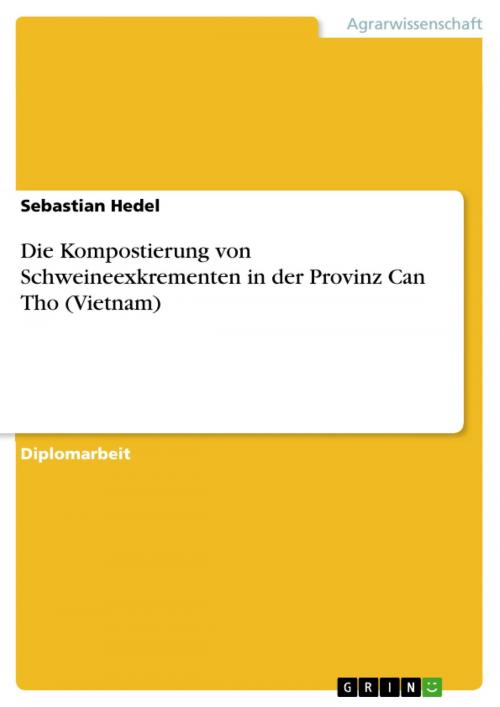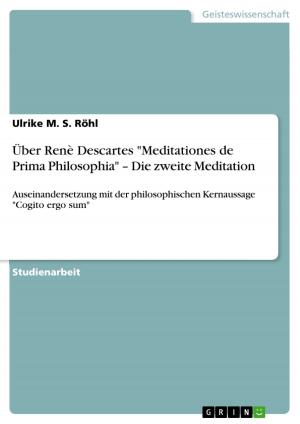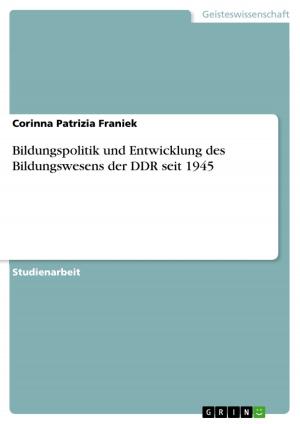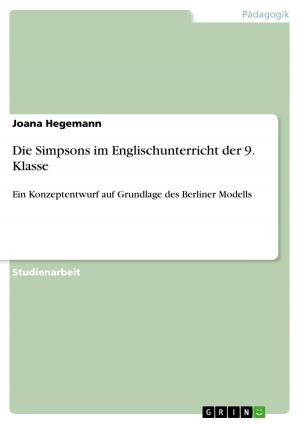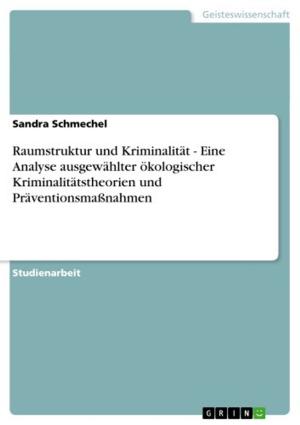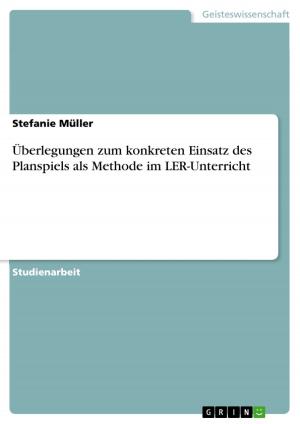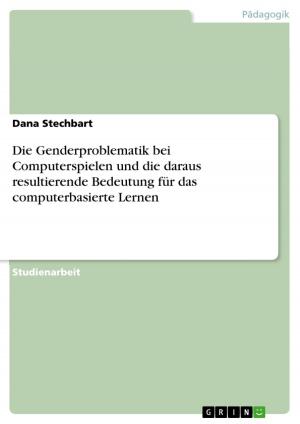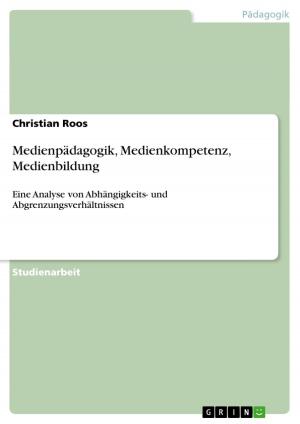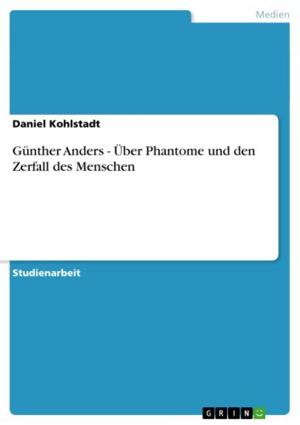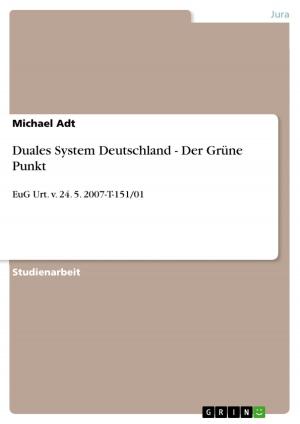Die Kompostierung von Schweineexkrementen in der Provinz Can Tho (Vietnam)
Nonfiction, Science & Nature, Technology, Agriculture & Animal Husbandry| Author: | Sebastian Hedel | ISBN: | 9783638408981 |
| Publisher: | GRIN Verlag | Publication: | August 15, 2005 |
| Imprint: | GRIN Verlag | Language: | German |
| Author: | Sebastian Hedel |
| ISBN: | 9783638408981 |
| Publisher: | GRIN Verlag |
| Publication: | August 15, 2005 |
| Imprint: | GRIN Verlag |
| Language: | German |
Diplomarbeit aus dem Jahr 2005 im Fachbereich Agrarwissenschaften, Note: 1,3, Martin-Luther-Universität Halle-Wittenberg (Agrarwissenschaften), 72 Quellen im Literaturverzeichnis, Sprache: Deutsch, Abstract: Within this study, experiments were carried out in the province Can Tho (Mekong-Delta, Vietnam). Parent compost materials were pig excrements and biogas sludge of animal and human source. The goal of the work is to find out whether composting in Vietnam is possible or not and which substrates are most suitable. Therefore, the influence of different amounts of structural material on aeration of the substrate and the suitability of the so called AAA-method (aerobic-anaeobic-treatment) were investigated. In order to describe the rottening process, temperature profiles were obtained daily from all and water content profiles from three selected treatments. Additionally the weight, water content, organic and mineral dry matter, total carbon, total nitrogen and hygienic parameters (total coliforms and E.coli) were recorded at regular intervals. At the beginning and at the end of the treatment period, total phosphate, potassium and heavy metals (Pb, Cd, Cr, Cu, Ni and Zn) were determined. The parameters used to evaluate the final compost products were temperature profile for adequate sanitization, respiration activity (AT4) and cress test for determination of maturity. A temperature raise was observed in all experiments. However, none of the substrates resulted in compost that met all quality requirements. When composting biogas sludge, the temperature rose up to a maximum of 40 °C in the centre of the compost heap, whereas up to 70 °C were reached when composting pig excrements. Organic dry matter and total carbon were reduced by up to 55 %, total nitrogen by up to 45 % of the original content. Due to the loss of mass during composting, total nitrogen content increased up to nearly 3 % in the final pig compost. This represents a relative total nitrogen accumulation of 30 %. In all experiments the concentration of total coliforms and E.coli was reduced by several log-units. This reduction did not correlate significantly with the maximum temperature. According to Respiration Activity (AT4), all obtained composts reached maturity stage V (Rottegrad V). However, this did not correlate with the results of the cress test. It seems therefore that the CO2-Respiration alone is not a sufficient parameter to determine the stage of compost maturity. The composting trials demonstrated that even simple rotting systems improve a substrate's handling and storage properties.
Diplomarbeit aus dem Jahr 2005 im Fachbereich Agrarwissenschaften, Note: 1,3, Martin-Luther-Universität Halle-Wittenberg (Agrarwissenschaften), 72 Quellen im Literaturverzeichnis, Sprache: Deutsch, Abstract: Within this study, experiments were carried out in the province Can Tho (Mekong-Delta, Vietnam). Parent compost materials were pig excrements and biogas sludge of animal and human source. The goal of the work is to find out whether composting in Vietnam is possible or not and which substrates are most suitable. Therefore, the influence of different amounts of structural material on aeration of the substrate and the suitability of the so called AAA-method (aerobic-anaeobic-treatment) were investigated. In order to describe the rottening process, temperature profiles were obtained daily from all and water content profiles from three selected treatments. Additionally the weight, water content, organic and mineral dry matter, total carbon, total nitrogen and hygienic parameters (total coliforms and E.coli) were recorded at regular intervals. At the beginning and at the end of the treatment period, total phosphate, potassium and heavy metals (Pb, Cd, Cr, Cu, Ni and Zn) were determined. The parameters used to evaluate the final compost products were temperature profile for adequate sanitization, respiration activity (AT4) and cress test for determination of maturity. A temperature raise was observed in all experiments. However, none of the substrates resulted in compost that met all quality requirements. When composting biogas sludge, the temperature rose up to a maximum of 40 °C in the centre of the compost heap, whereas up to 70 °C were reached when composting pig excrements. Organic dry matter and total carbon were reduced by up to 55 %, total nitrogen by up to 45 % of the original content. Due to the loss of mass during composting, total nitrogen content increased up to nearly 3 % in the final pig compost. This represents a relative total nitrogen accumulation of 30 %. In all experiments the concentration of total coliforms and E.coli was reduced by several log-units. This reduction did not correlate significantly with the maximum temperature. According to Respiration Activity (AT4), all obtained composts reached maturity stage V (Rottegrad V). However, this did not correlate with the results of the cress test. It seems therefore that the CO2-Respiration alone is not a sufficient parameter to determine the stage of compost maturity. The composting trials demonstrated that even simple rotting systems improve a substrate's handling and storage properties.
